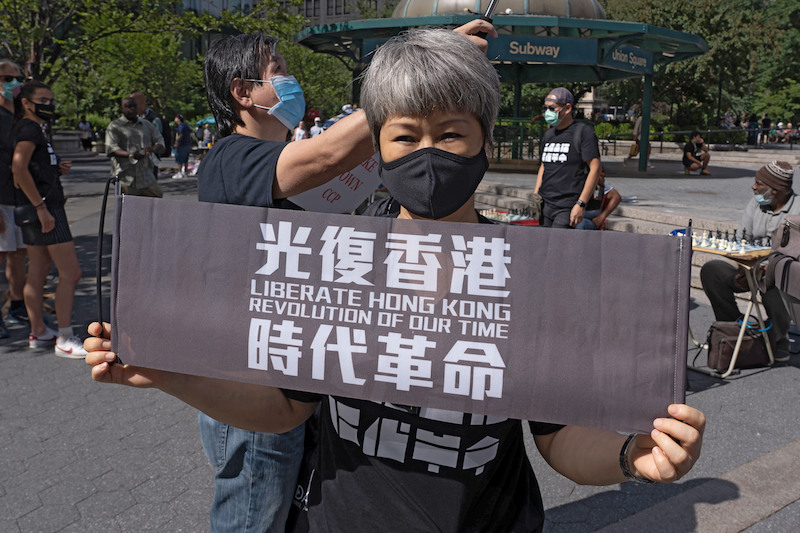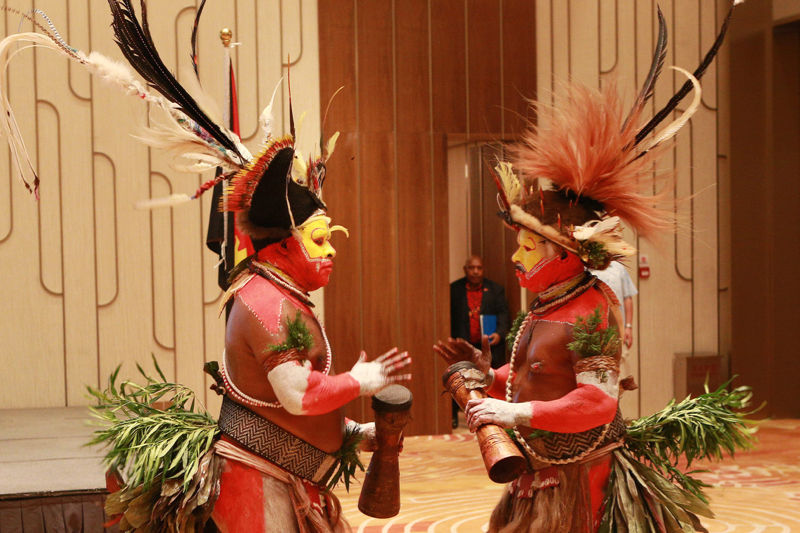A bishop in Papua New Guinea led a Day Against Witchcraft and Sorcery after rising violence in the country rooted in accusations of sorcery.
Bishop Donald Lippert of Mendi in the Southern Highlands ran a media campaign denouncing sorcery-related violence and called on the Church to combat it. On the day, around 3,000 people from the Catholic community, other churches, women’s groups and youths took to the streets with placards to support his aims.
Church sources reported the torture of three women on Easter Sunday in the Southern Highlands. They were accused of killing a man who had a history of asthma and kidney ailments. Soon afterwards, six other women faced the same accusation.
“Those who torture and kill women accused of sorcery are clearly guilty of the crime they are reporting,” Bishop Lippert said. He urged Christians to “pray together and act to stop the violence”. The response is “not going to come from the government, or politics and even the police turn their backs,” the bishop noted. “The Catholic Church, and our Catholic faith, is the answer to this darkness,” he reflected; “bringing people into relationship with Jesus and teaching the dignity of the human person are the best ways of changing people’s attitudes and changing their behaviour as well.”
Bishop Lippert said the person leading the diocesan response is Sr Lorena Jenal, a Swiss-born missionary who has served in Papua New Guinea for decades. The Franciscan Sister of Divine Providence has been recognised internationally for her work against sorcery-accusation violence and for helping victims.
She reported that the three women tortured on Easter Sunday are mothers and “they are recovering from their physical torture, but the trauma is far from being healed”. She is working on creating a safe house for victims.
Belief in sorcery remains widespread in some parts of Papua New Guinea, with acts of violence carried out against people accused of having put a curse on another. Repercussions include beatings, banishment, amputation of limbs, torture and murder.
Women, children, elderly, and people with disabilities are particularly at risk. In the Southern Highlands, according to Mendi diocese vicar general Fr Pius Hal, “often the poor and defenceless are blamed for a death”. Fr Hal discourages the practice of consulting witch doctors when a person is dying or has just died, and urges contacting medically qualified doctors.



 Loading ...
Loading ...